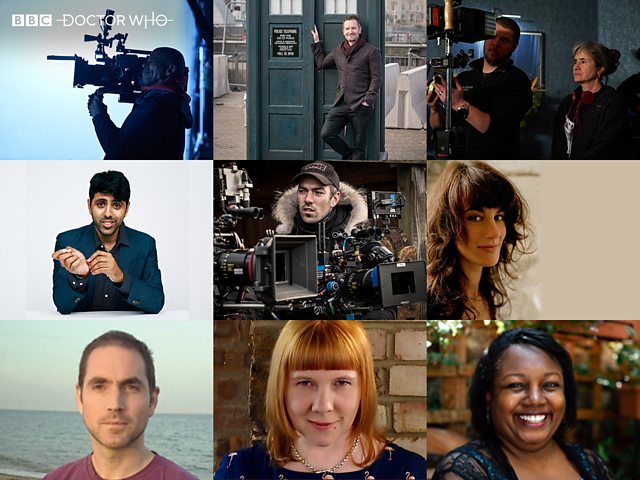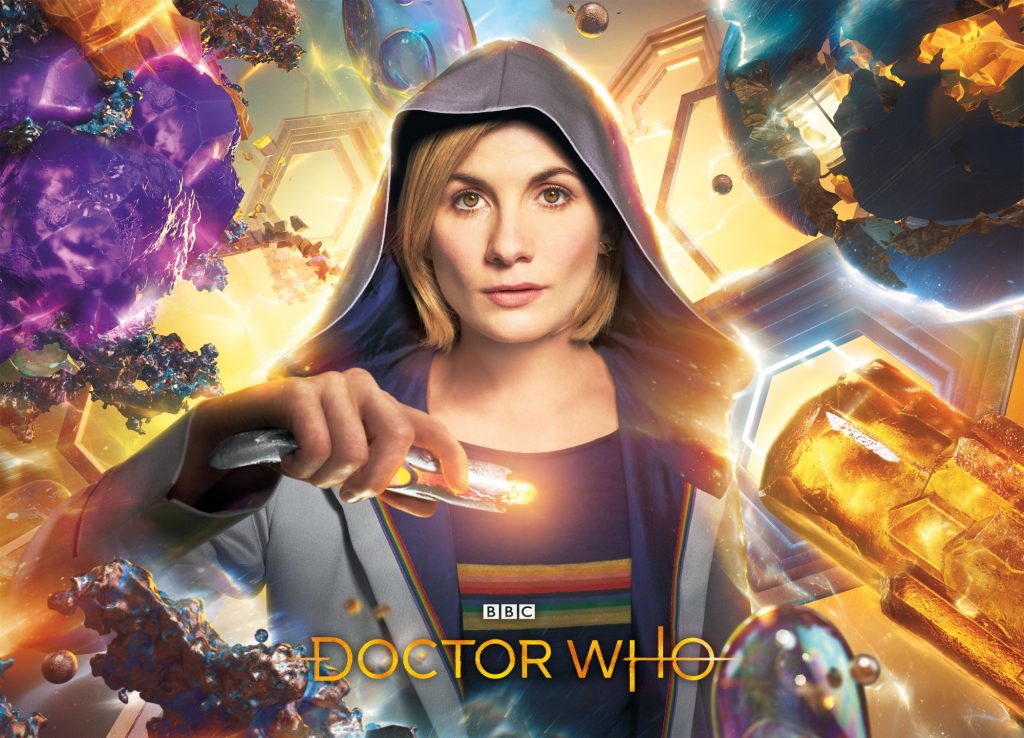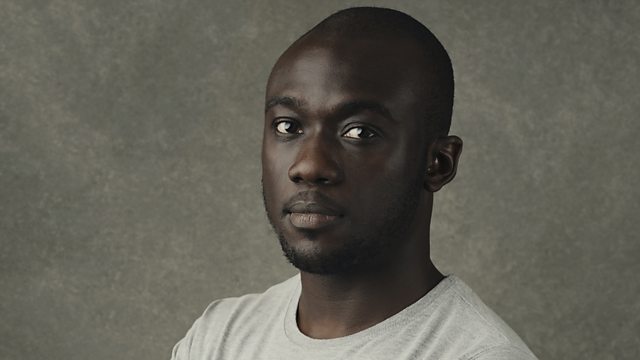
We’re now only one month away from the first episode of Doctor Who’s eleventh series, and it’s becoming ever clearer that showrunner Chris Chibnall has some big plans for his first series at the helm. With a new Doctor, new companions and a new vision, how does Chibnall plan on making this 55-year-old programme shiny and new again? Here are a few examples.
A New Logo
One of the the earliest indications of Chibnall’s vision for the series started with the release of a new logo back in February. A significant departure from the Moffat era’s big, blocky, blue logo, Chibnall’s opts for a warmer colour scheme and slimmer lettering – perhaps in an attempt to make the series come across as more friendly and inviting for new viewers. This new style has been extended to other aspects of the series publicity, with promotional images featuring bright, bold colours. Significantly, the new logo has been applied to all Doctor Who merchandise released since its reveal – whether classic series or new – thus uniting the entire history of the show under one banner and affirming that it is all part of the one universe.
A New Look
The logo is far from being the only visual change to the series – a brand new camera and lens combination is being introduced for Series 11, providing it with a whole new visual style. Since the return of the programme in 2005, Doctor Who’s look has become increasingly cinematic, with a least one of the series’ directors, Ben Wheatley, already having a list of film credits to their name. Even though the look of the show is already very cinematic, the new setup promises to take things even further, with post-production house Films at 59, who are supplying BBC Studios with the cameras and lenses, describing the new look as a “monumental leap”.
A New Night

The move to Sunday evenings in the UK (and Mondays in Australia) may seem like a bit of a strange move, given Doctor Who’s traditional “Saturday teatime” slot, but could well pay off for the BBC as a way of capturing a new audience. Don’t forget that the ABC broadcast Series 1-3 on Saturday nights then moved to Sundays from Series 4 – and got an instant increase in ratings, attracting viewers who were having quiet nights at home in the lead-up to school or work the next day. Let’s see if the BBC can replicate this success!
New Friends

For the first time since the early 1980s, the Doctor will have not one, not two, but three companions! It’s an approach that should provide a new kind of dynamic amongst the regular cast and give the show more of a family feel, with the TARDIS team of Ryan, Yaz and Graham likely to complement each other while also relating to the Doctor – and to each other – in their own particular way. Significantly, the new team are often referred to as the Doctor’s “friends” rather than “companions” in BBC marketing material – a much warmer descriptor which more or less puts them on equal footing with the Doctor.
A New Episode Length

One of the key descriptors of Doctor Who’s revived series would be “pacy”, with whole stories often told in the space of 45 minutes or less – with room for the occasional two-parter or special episode. By contrast, Series 11 will begin with a 60-minute opener followed by nine 50-minute episodes – and while an extension of 5 minutes per episode may not seem like much, it can actually be a long time in a television environment, where the editing process can be ruthless and key scenes are often cut due to time restrictions. The extension should thus allow for more plot, more character development and more room to breathe in each standalone episode. This may also mean that there will be fewer (if any) “filler” stories to stretch the series out to 12 or 13 episodes – by instead focusing on telling ten carefully crafted stories, we could end up with an entire series where every episode is just as significant as the next.
New Music
One of the biggest transitions of the new series will be a change of composer, with Murray Gold having stepped down from his position after an impressive 12 years and 125 episodes. Gold’s orchestral scores have been a mainstay of Doctor Who since its return in 2005, so it’s fair to say he has big shoes to fill. The composer selected for the task? Segun Akinola, a member of the BAFTA Breakthrough Brit program in 2017 and a rising star among British composers. Akinola has mainly composed for documentaries in recent years but has also covered short films and even the video game Godsweeper, so he clearly has the versatility to adapt his skills to different genres. We’re particularly keen to hear his unique take on the iconic Doctor Who theme!
New Voices

There will be even more big changes behind the scenes of the programme, with five new writers and four new directors contributing to Series 11. That’s right – apart from Chibnall himself, all nine are brand new to televised Doctor Who, though former Children’s Laureate Malorie Blackman did write a Seventh Doctor short story for the programme’s 50th anniversary and director Jamie Childs was responsible for Jodie Whittaker’s reveal as the new Doctor. More importantly, all have very impressive CVs and are united by a love of Doctor Who, with Chibnall saying “they are awesome people as well as brilliant at their job… And they’ve all worked above and beyond the call of duty in an effort to bring audiences something special”.

Image credit: Gage Skidmore under CC BY-SA 2.0
It’s clear that Doctor Who truly has undergone something of a regeneration over the past year or so, with Chibnall and co. working hard behind the scenes to bring viewers old and new a programme that is fresh, exciting and relevant to 2018. So as the countdown continues towards the very first episode, we as fans are getting ready to fall in love with Doctor Who all over again. After all, it’s only because Doctor Who has continuously evolved and reinvented itself over so many decades that it has managed to survive for so long.





